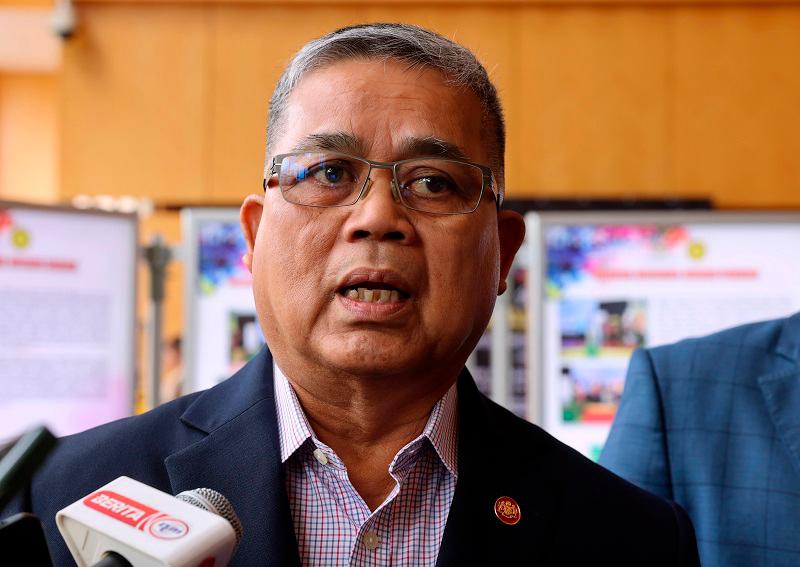KOTA KINABALU: Religious institutions, which have long been pillars of Malaysian society providing spiritual guidance, moral direction, and a sense of community, play an indispensable role in fostering understanding and cooperation among different faiths.
National Unity Minister Datuk Aaron Ago Dagang said Malaysia’s strength lies in its diverse, multicultural and multi-religious society.
Hence, he said that embracing this diversity is not merely an aspiration but a necessity for national cohesion and progress.
“Religious institutions are not on the periphery of nation-building; they are at its core. Throughout history, places of worship have been sanctuaries for the needy, centres of education, and sources of moral strength,” he said at the 18th Triennial General Assembly of the Council of Churches of Malaysia (CCM) here today.
Aaron said that with the emerging challenges of the 21st century, such as digital misinformation, identity politics, and moral relativism, the voice of religion must not be silenced but guided by wisdom, moderation, and justice.
As such, Aaron said religious leaders must continue to be a voice of reason, peace, and clarity in times of confusion, making Malaysia a beacon of harmony in a world often torn by discord, working together not as strangers or competitors but as fellow Malaysians united in diversity.
The concept of ‘Harmony in Diversity’ is central to the government’s vision of a united Malaysia MADANI and underscores the importance of understanding, respect, and acceptance among all Malaysians, irrespective of their religious or cultural backgrounds.
‘The MADANI Harmony, a key pillar under this vision, reflects the Ministry of National Unity’s strategic direction in fostering deep, meaningful harmony between people of different religions, ethnicities, and cultures. It is not a slogan; it is a framework of action,” he added.









